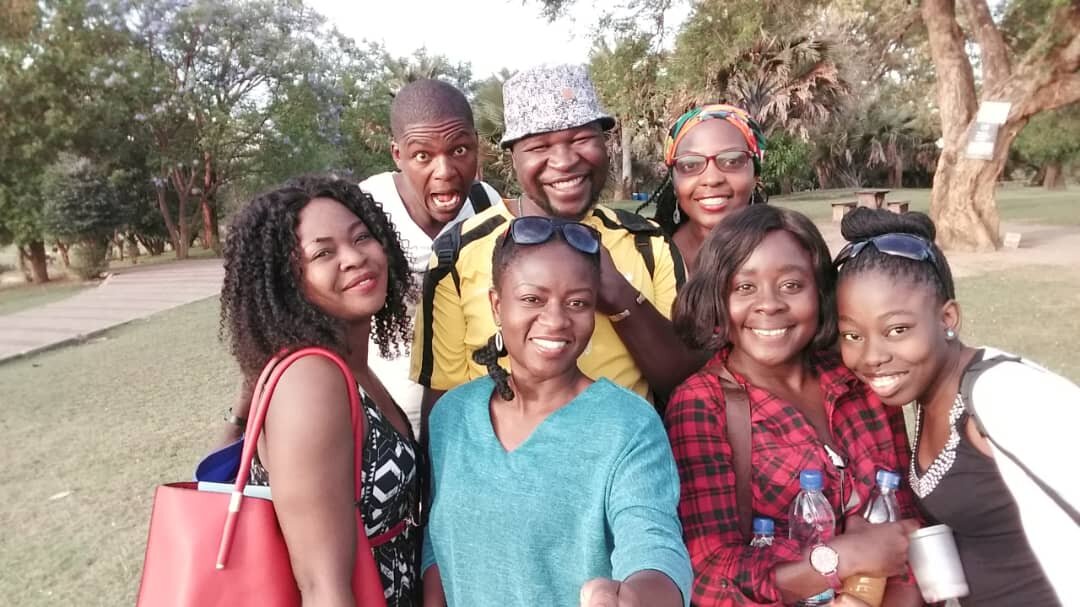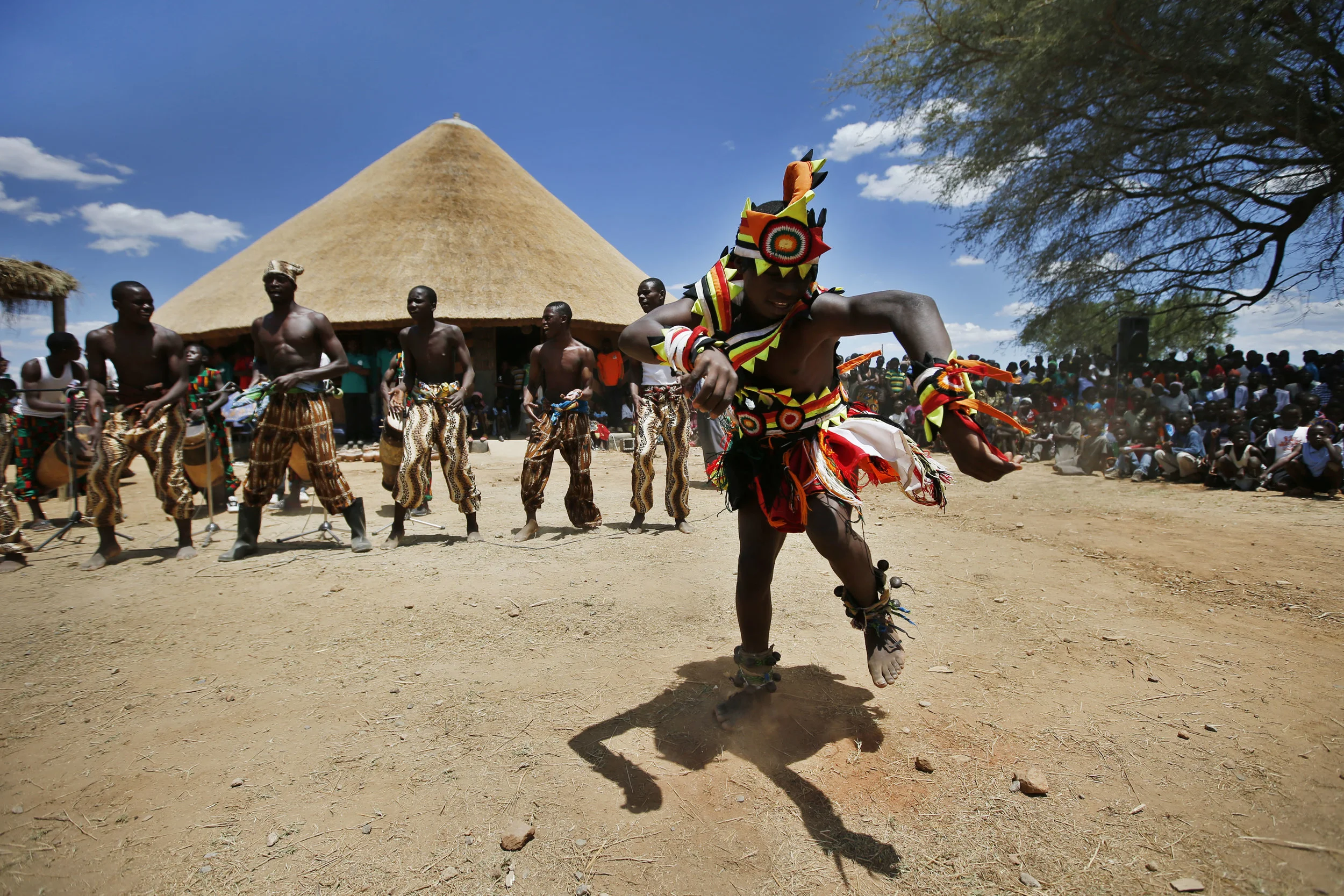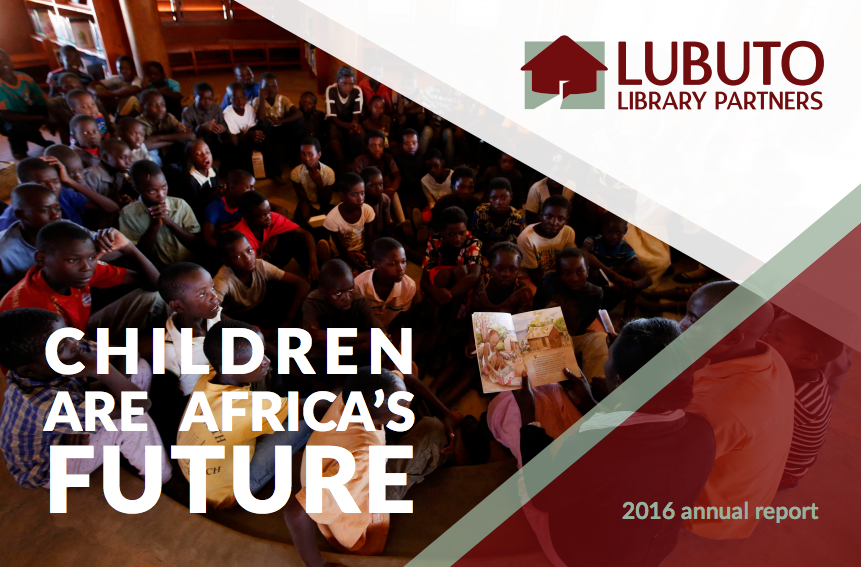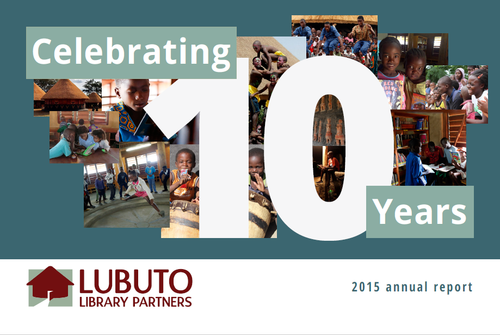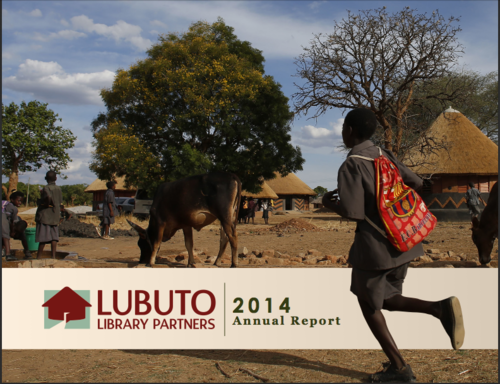Who we are
Lubuto Library Partners has its headquarters in Washington, D.C. and operates a regional office in Lusaka, Zambia. Lubuto is a 501(c)3 public charity and registered as a non-governmental organization in Zambia; both were established in 2005. Lubuto’s mission is to demonstrate how a locally owned network of dynamic, free libraries for African children and youth can support them in developing the knowledge and skills to grow and connect with their culture and community and participate fully in society.
Lubuto maintains strong management structures, transparency and a network of highly qualified staff and volunteers. Strategic decision-making is guided by a Board of Directors, an Advisory Board, a Library Services Advisory Council and a Zambian Board. It publishes a monthly newsletter and annual reports with audited financial statements.
History
In 2005, Lubuto Library Partners (then known as the Lubuto Library Project) was formally incorporated as a non-profit organization. Jane Kinney Meyers, a professional librarian for over 35 years, had gotten involved with Fountain of Hope drop-in center in Lusaka in 1998 and was very moved by her experiences there. Fountain of Hope was a unique and extraordinary place in a time when Zambia had the highest rate of orphaning due to HIV/AIDS of any country in the world, the reason why so many young people found themselves outside of adult care and on the streets. Former Voice of America journalist Kellys Kaunda's reflections on Rodgers captures the significance of his work in bringing attention to the plight of street children to the wider world, such as during the 1999 visit of US Ambassador Richard Holbrooke, Sen. Russ Feingold and Susan Rice.
Lubuto would not exist if it weren't for those years at Fountain of Hope, where Jane spent extensive time reading to, getting to know, and advocating for the center’s children—most of whom were affected by HIV/AIDS, out-of-school and living on the streets — and served on its board. The opening of the first Lubuto library in 2007 was the product of years of collaboration and groundwork. From working with children, staff and local community members over a period of years, Jane realized that the library profession provides approaches that could address the myriad needs of these marginalized young people and help them re-enter and thrive in society.
Recognition
Lubuto has received wide professional recognition and awards including repeated nominations for the Swedish Arts Council's Astrid Lindgren Memorial Award, the American Library Association's Presidential Citation for International Innovation and a Special Mention from the International Union of Architects (UIA) Friendly and Inclusive Spaces Awards. It is listed as a Top-Rated Great Nonprofit and maintains a Guidestar Platinum Seal of Transparency.

